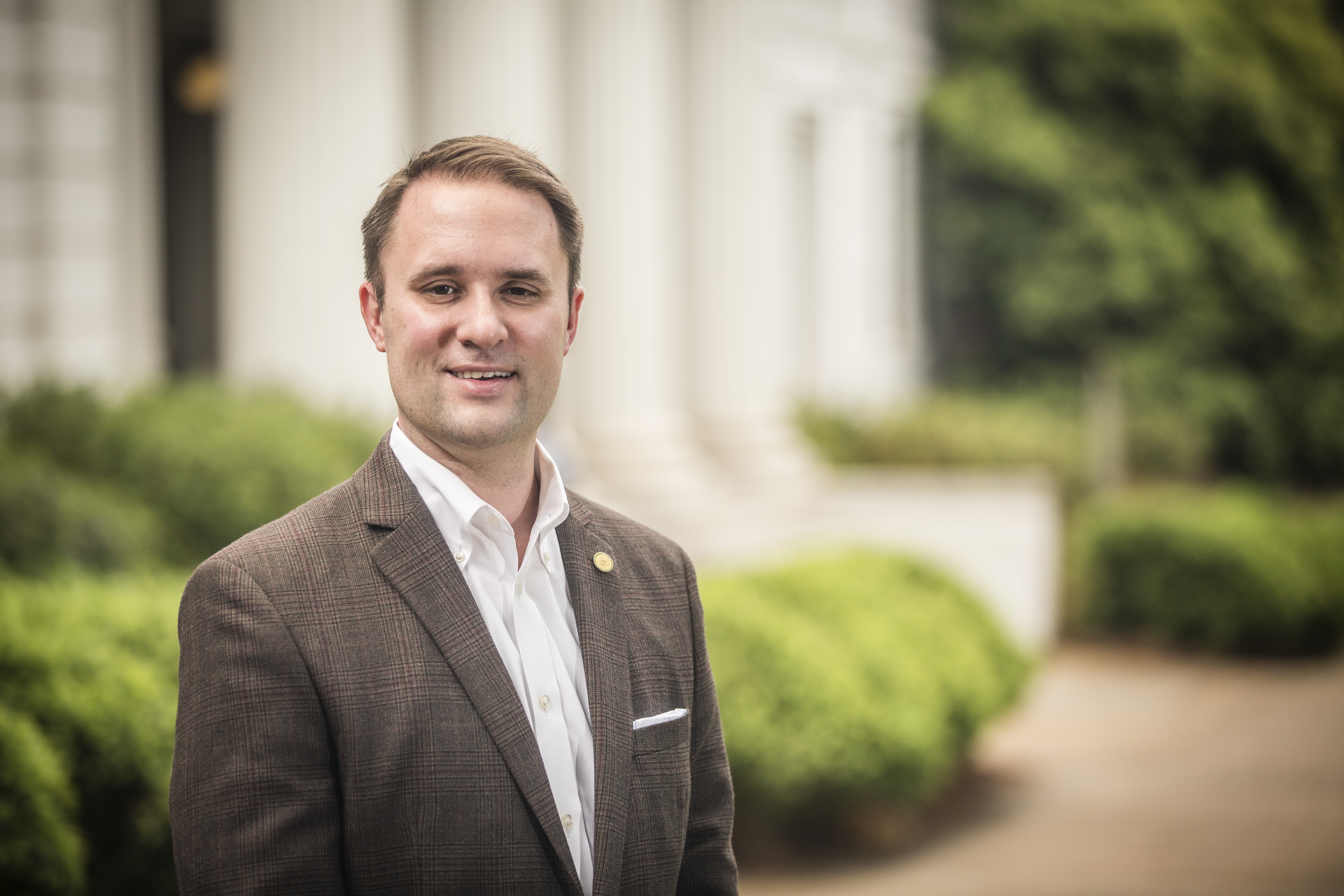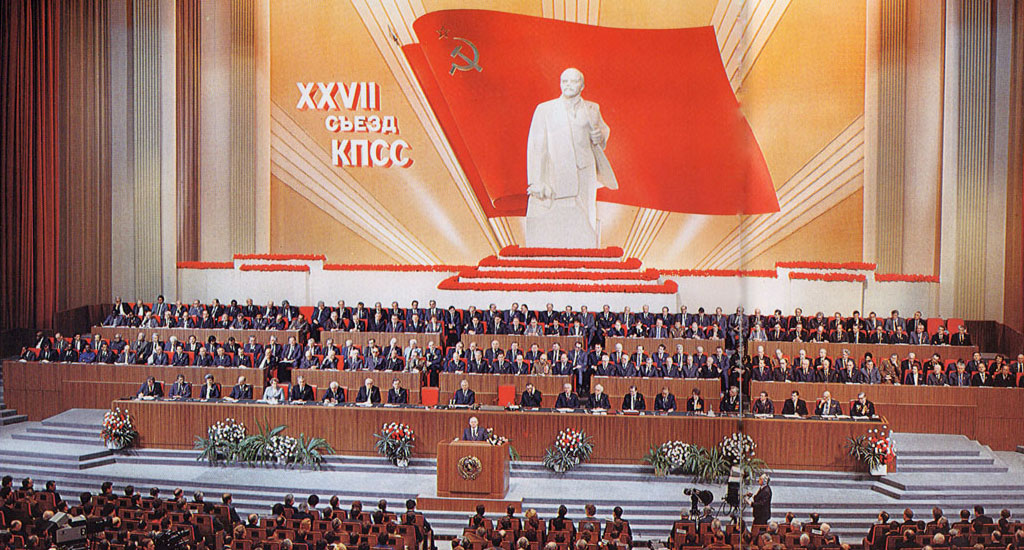Attorney General Jason Miyares signed a letter along with 50 other attorneys general requesting the Federal Commissions Communications to do more to address illegal robocalls. The attorneys general say robocalls often come from foreign actors who spoof Caller ID to show U.S.- based numbers, and ask the FCC to expand which call network providers are required to authenticate Caller ID.
“Robocalls aren’t just annoying – they are illegal tools used to take advantage of the most vulnerable in our communities. We have to do more to protect Virginians from these scammers, which is why I’m encouraging the FCC to require more robocall protection technology,” Miyares said in a release.
The letter from the attorneys general is a response to the FCC’s request for public comment on a proposal. The FCC issued an order in May requiring gateway providers, which originate a call, to authenticate Caller ID through a protocol called STIR/SHAKEN. The FCC is now considering expanding that to all U.S.-based intermediate providers – providers who route the call.
The attorneys general support that proposal, citing $830 million in fraud against American consumers perpetrated through phone and text message.
“In many cases, the perpetrators of this fraud are foreign actors gaining access to the U.S. phone network through international gateway providers,” the letter states. “Based upon consumer complaints filed with our offices, these fraudulent, foreign–originated robocalls often involve Caller ID spoofing of U.S.–based phone numbers. Yet, without assistance from willing domestic providers to deliver illegal robocalls, these calls would never reach Americans.”
A number of other organizations have also commented on the proposal, including the American Bankers Association, which supports it, and Verizon, which argues that the FCC should better enforce the existing rules against noncompliant originating service providers.
“The record does not support proposals that the Commission launch new major regulatory experiments on the heels of the sweeping mandates the Gateway Order has just promulgated. It would be particularly premature to double down on the Gateway Order’s ‘C’ attestation mandate by requiring all intermediate service providers (not just gateways) to add STIR/SHAKEN signatures to unsigned calls,” Verizon wrote.
The attorneys general also support an FCC proposal to require U.S.-based intermediate providers to adopt robocall mitigation programs. That includes expansion of a requirement that originating providers respond to law enforcement traceback requests within 24 hours and requiring all domestic providers to block illegal traffic once notified of it by the FCC. They urged the FCC to adopt short compliance deadlines.
“Consumers in our states are eager to see solutions. In fact, they deserve solutions. The sooner the requirements can be implemented industry–wide, the sooner our consumers, and the providers themselves, will benefit from these enhanced protections and guardrails,” the attorneys general wrote.
****************************************************
Eric Burk is a reporter at The Virginia Star and The Star News Network. This article originally appeared in The Virginia Star. The opinions expressed in this article are those of the author and do not necessarily reflect the positions of The Republican Standard. Republished with permission.





